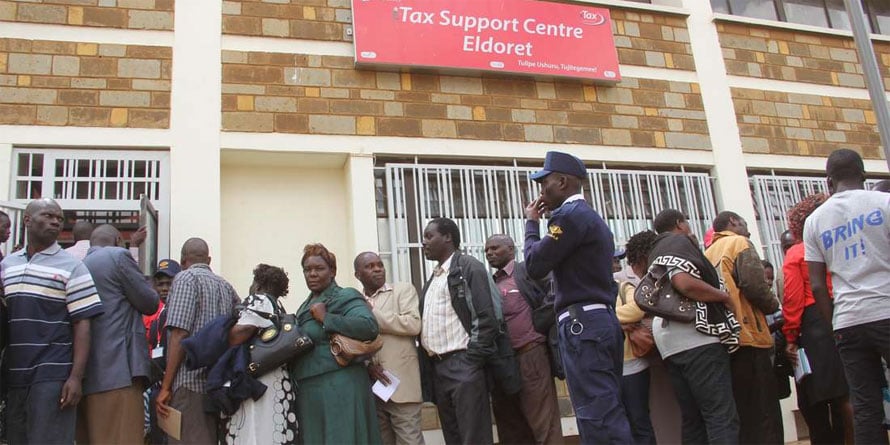Budget office: Tax tweaks to affect Sh2.5tr revenue target

The National Treasury expects to collect more revenues this financial year than it did last year despite tough external and internal economic environments.
According to a report by the Parliamentary Budget Office (PBO), the National Treasury projects that the revenue collections for this financial year (2022/2023) will increase to Sh2.462 trillion up from Sh2.031 trillion collected last financial year.
In its report dubbed Budget Watch for 2022/2023 and the Medium Term, the PBO said of the Sh2.46 projected revenue, Sh2.1 trillion will come from ordinary revenue, while Sh321 billion will come from Appropriations-in-Aid (AIA) – income that a government department is authorised to retain rather than surrender to the Consolidated Fund.
Income tax is expected to contribute Sh997 billion to ordinary revenue while Sh585 billion will come from Value Added Tax collection (VAT).
Reduced VAT to undermine plans
However, the PBO regretted that the reduction of Value Added Tax (VAT) on various products will undermine the implementation of the budget for the 2022/23 financial year and the medium term plan.
PBO said a reduction of VAT on the supply of LPG from the standard 16 per cent to 8 per cent, as well as VAT exemption on capital goods meant to promote investment in the manufacturing sector, zero-rating of services in support of business processing outsourcing as factors that would lead to unprecedented revenue loss.
“This may potentially undermine the implementation of the budget for the 2022/23 financial year and the medium term,” said PBO
PBO provides professional services in respect of budget, finance and economic information to committees of Parliament also raised concerns that some tax policy measures that were introduced are likely to curtail revenue mobilization efforts.
Corporation income tax
For instance PBO disclosed that the reduction of Corporation Income Tax (CIT) from 30 per cent to 15 per cent for companies operating carbon exchange or emission trading systems as well as companies operating shipping business, will not only lead to revenue loss, but also affect the principle of fairness.
However, the budegt office welcomed the expansion of the tax base which will help ease the administrative burden.
According to the institution, the successful implementation of revenue-raising measures through effective oversight and robust enforcement, especially on Capital Gains Tax among others, are welcome.
The measures include tax policy changes in 2022/23 fiscal year under the income tax regime include the increase of capital Gains Tax from 5 per cent to 15 per cent introduction of the tax on financial derivatives with respect to non-residents at the rate of 15 per cent; exemption of non-residents who have a permanent establishment in the country from the provisions of Digital Service Tax and providing allowable deduction on donations made to charitable organisations.
Widening tax bracket
The report by PBO comes at a time when President William Ruto has defended his call for the public to pay taxes as the government moves to ramp up revenue collection in its race to meet a Sh6 trillion collection target by 2027.
He promised to widen the tax bracket and ensure everyone pays their taxes and has directed Kenya Revenue Authority to embark on reforms that will see everyone aged 18 years and above roped into the tax bracket.
The country is currently grappling with a high inflation rate due to high food and energy prices. It also comes amid internal challenges that include weakening of the Kenya shilling against the dollar and drought in some parts of the country, coupled with the effects of the Russia-Ukraine war on global economies.











